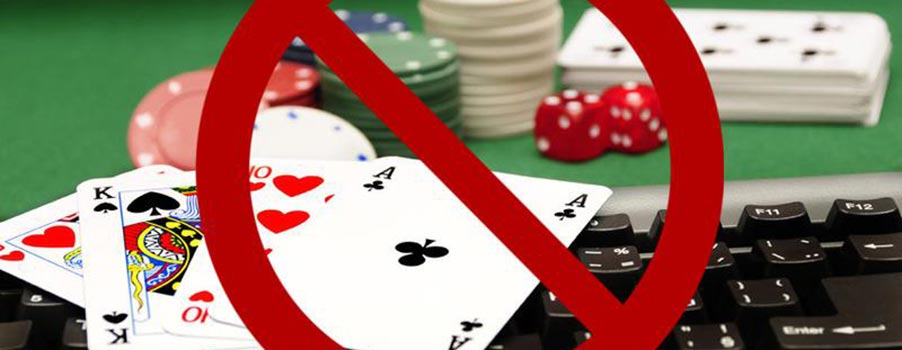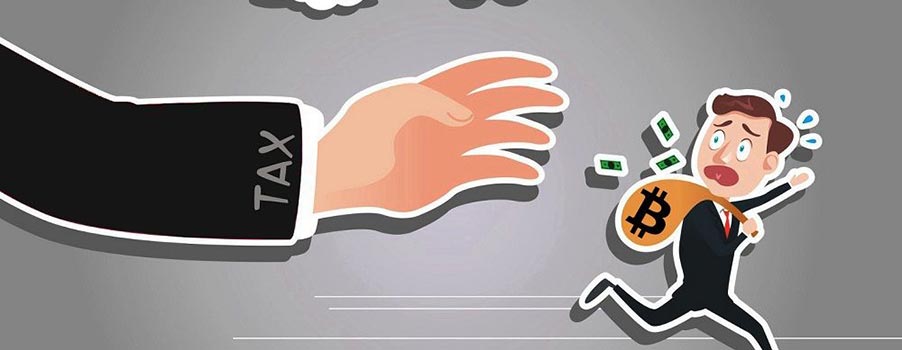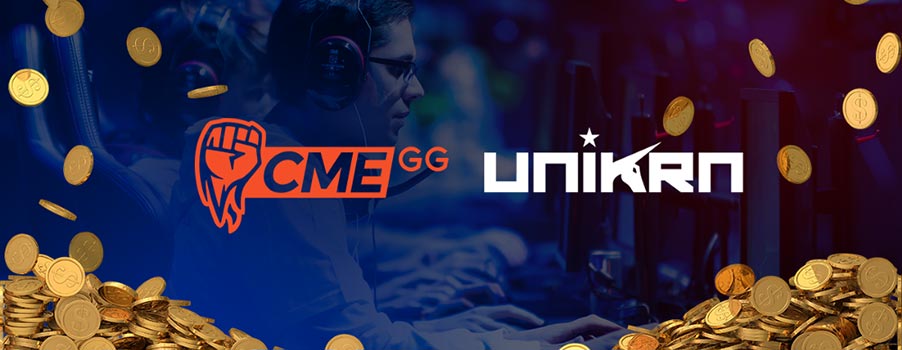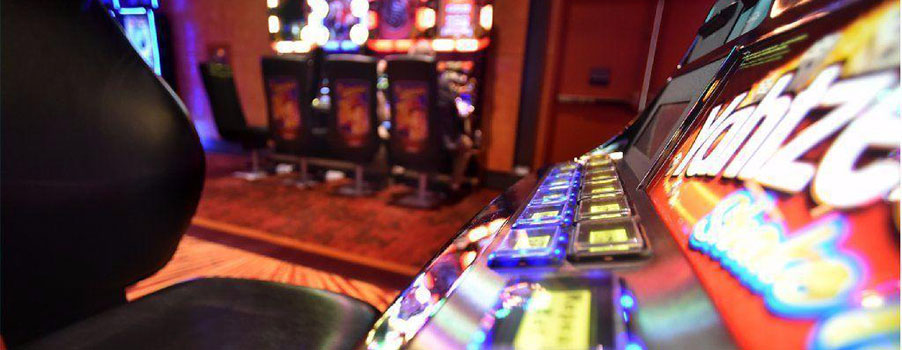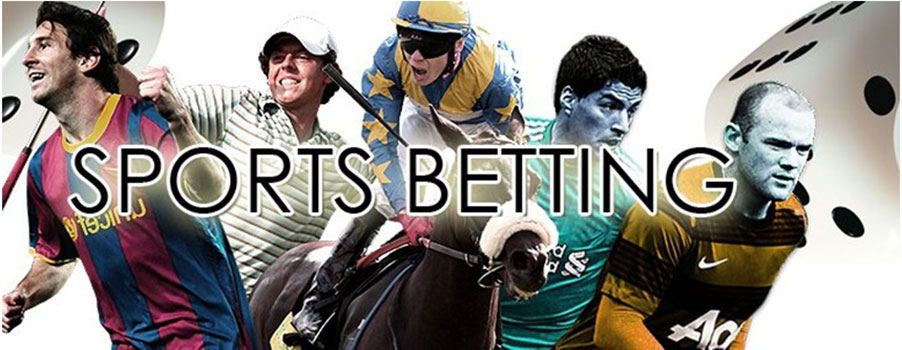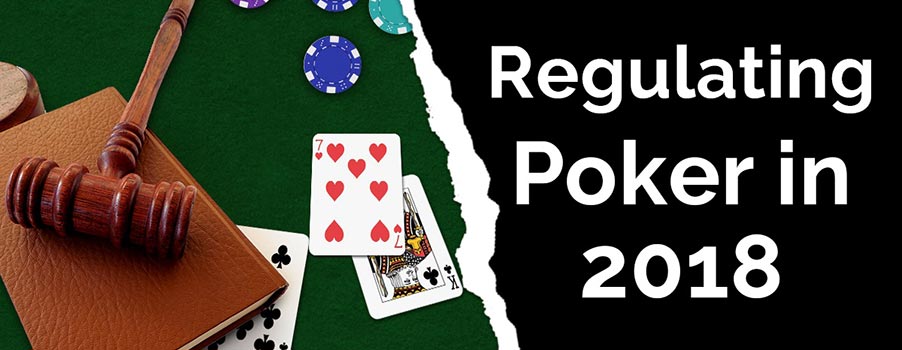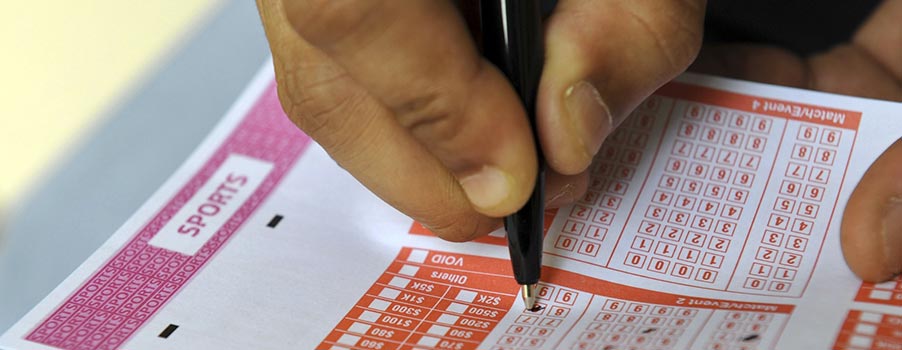Ohio’s Ashland University made history last week by becoming the first institution to create a collegiate scholarship for popular Esports title Fortnite. This move has set a new precedent for the school and the entire Esports community as a whole. Instead of centering the Esports scholarship on a specific genre of competitive gaming like many other scholarships have, Ashland University’s offering has narrowed it down a notch. Now, the university had a Fortnite squad alongside its already established League of Legends and Overwatch teams.
Narrowing down to specific Esports games is a truly wise move for Ashland University especially because it will be able to effectively transcend its financial limitations and be able to compete in specific Esports tournaments without ever needing huge investments.
Still, even though it is definitely a bold move, the choice of Fortnite is rather strange. However, the university is banking on the Fortnite’s insane popularity to eventually pay off in the form of a strong and unified league in the near future.
“Fortnite appeals to both the core and casual gaming audience,” head coach Josh Buchanan said in an official announcement on the University’s website. “We’re excited to provide this platform for gamers who want to showcase their skills in a more competitive space. Fortnite facilitates an environment that allows players to get creative, innovate and show off their mastery of their skills. The growth of Fortnite has been astounding to witness and getting players into structured practices ahead of the launch of a collegiate league will be extremely beneficial to our program.”
Eligible Fortnite players can apply for the scholarship which amounts to up to $4,000 and will entail both academics and skill level. The university is even planning to construct a gaming center which will include 25 gaming stations in the institution’s library.
“As part of the program, you’re going to have coaches and a staff dedicated to helping you succeed — not only in the game but also in your academics,” Buchanan added. “Helping to make sure that you have a good social life, and that your physical fitness is on point. All of our athletes are going to have access to our fitness facilities and trainers. And Ashland is known for putting a lot of focus on the individual and having a lot of one-on-one sessions with professors, or small group sessions, to really make sure that we’re personally invested in the students’ success.”


